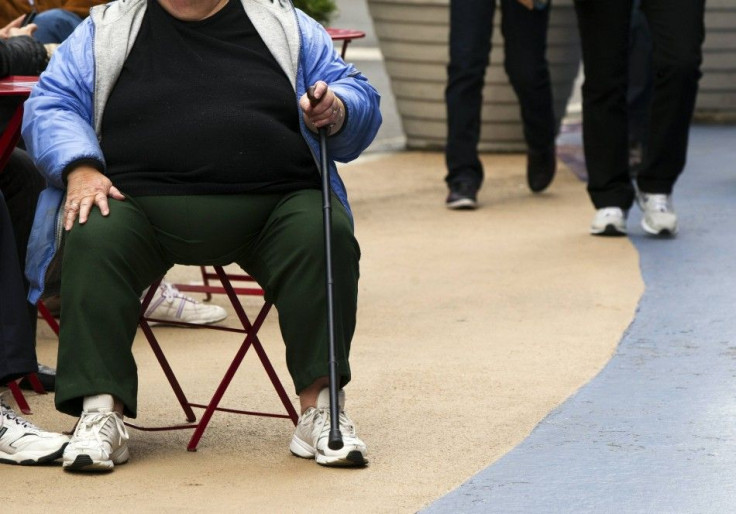Weight Loss Surgery May Increase Longevity In Obese Individuals

Obese people who undergo surgery may have a better chance at surviving long term than individuals who do not undergo the surgery, research has found.
Weight loss surgery or bariatric surgery, usually involves one of three procedures: gastric bypass, gastric banding or sleeve gastrectomy. In the most common of these three procedures, the gastric bypass, the stomach is divided into a small upper section and large lower section. The small intestine is then connected to the upper section so that the patient eats less. In gastric banding, an inflatable band is placed around the top of the stomach, creating a smaller stomach, and in sleeve gastrectomy, about 80 per cent of the stomach is removed.
Earlier studies have found bariatric or weight loss surgery to result in a better quality of life and reduced risk of obesity-related diseases such as type 2 diabetes. The new study suggests that people who undergo weight-loss surgery have a better chance at living a long, healthy life than individuals who remain obese.
Most studies in the past, though, have not delved deep into obesity-related diseases and most have studied women. The long-term effects of weight loss surgery have not been widely studied so far.
Approximately, one-third or 78.6 million adults in the United States are obese. Obesity-related cost in the US was about $147 billion in 2008 and about 100,000 weight-loss surgeries are performed annually in the country.
The new research studies the long-term survival of 2,500 obese patients, 74 per cent of whom are men. These people underwent weight-loss surgery between 2000 and 2001. These patients were on average 52 years old and had an average body mass index of 47. About 74 percent of them had undergone gastric bypass, 10 percent had undergone gastric banding and about one percent underwent sleeve gastrectomy, with the remaining taking some other surgical procedure. This sample of people was compared with 7,642 individuals who had not undergone weight-loss surgery of any kind. These people were on average 52 years old, and with a body mass index of 46.
During the 14-year follow up period, there were reported to be 263 deaths among patients who had undergone weight-loss surgery and 1,277 deaths among the control group. More than half the patients suffered from some obesity-related disease such as heart disease, high blood pressure, arthritis and most commonly, diabetes.
In the long term, over a period of five and ten years, the mortality rates among patients who had undergone weight-loss surgery was 6.4 percent and 13.8 percent, compared to the control group, which had not undergone surgery and had mortality rates of 10.4 percent at five years and 23.9 percent at ten years. This suggested that patients who underwent surgery had a better chance of long-term survival.
Despite the advantages of weight-loss surgery, though, the remedy is considered a quick fix and has a stigma attached to it.
To contact the writer, email: sonali.raj@gmail.com






